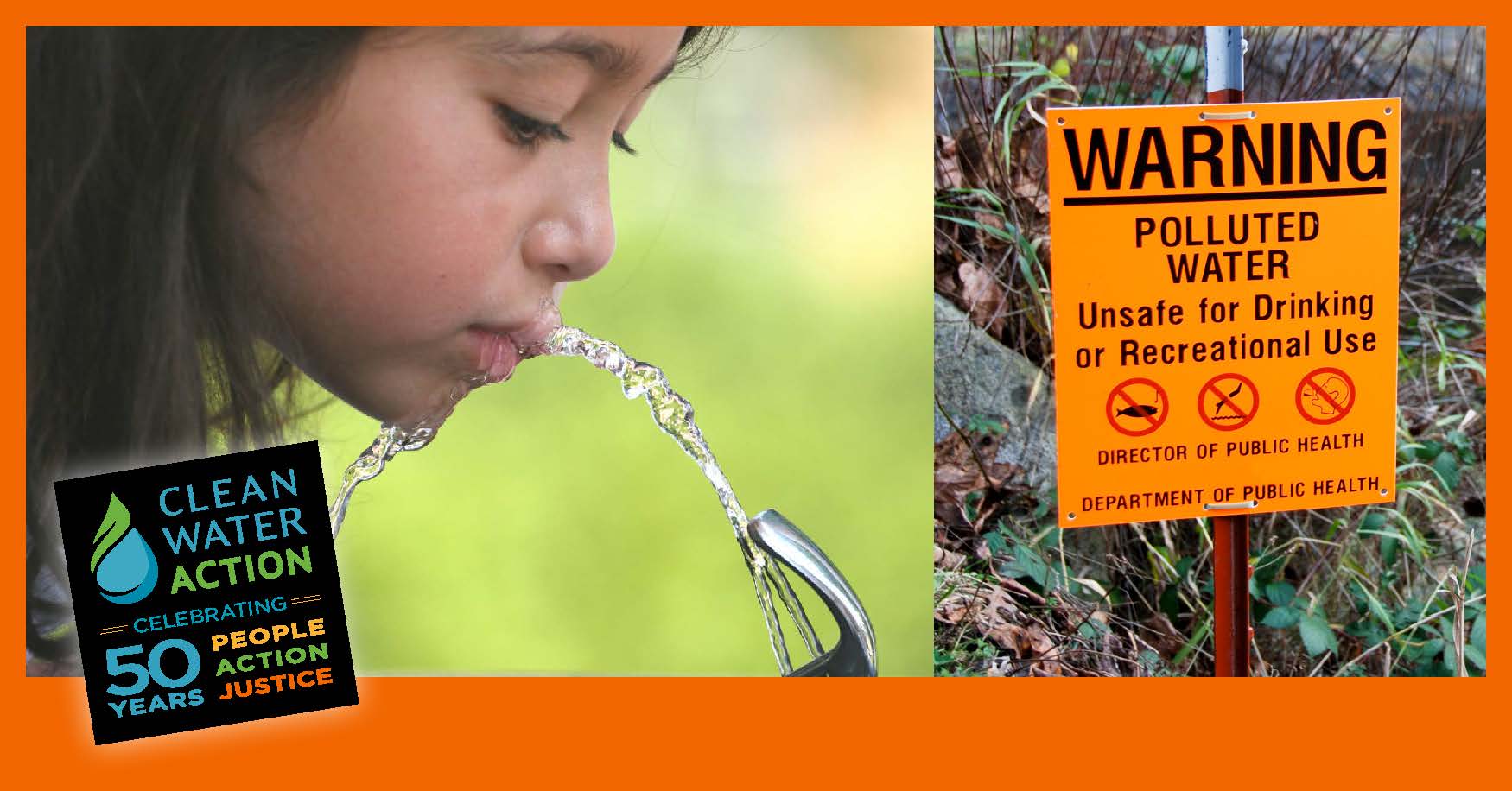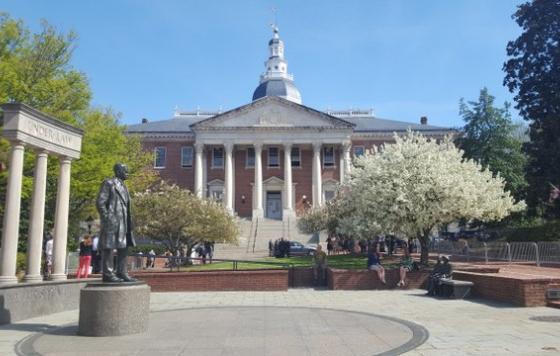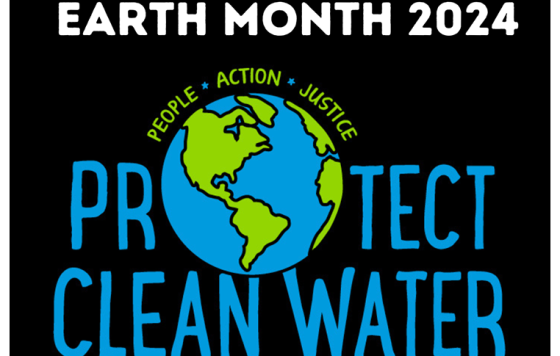
This year, we’re celebrating Clean Water Action’s 50th birthday and the 50th anniversary of the Clean Water Act - our nation’s bedrock environmental law passed in 1972 with the help of our founder David Zwick. This law ensures that our rivers, streams, lakes and other surface waters are protected.
Since then, we’ve made vast improvements in many of our waterways, but we still have a long way to go to ensure our water is swimmable, fishable and drinkable. Public participation is at the heart of the Clean Water Act. It is key to ensuring communities have a chance to speak out against polluting facilities. This is especially critical in environmental justice communities who often face disproportionate impacts of water pollution. Environmental justice communities are generally those which have been historically excluded from meaningful involvement in federal and state policy decisions and are disproportionately harmed by environmental outcomes. Read our latest blog post "Public Participation for Pollution Protection" here!
Protecting Water Quality: Making Your Voice Heard
Point source pollution, such as pollution from a sewage treatment plant or industrial facility, is controlled through the National Pollution Discharge and Elimination System (NPDES) permit program. State environmental agencies are responsible for managing their own NPDES permit programs, with the exception of Massachusetts, New Hampshire, and New Mexico, which are managed by the Environmental Protection Agency (EPA). States and the EPA use these permits to protect water quality and communities from harmful pollution.
The Clean Water Act gives individuals the opportunity to comment on every new and revised NPDES wastewater permit. This process ensures that communities across the United States have a chance to voice their concerns about polluting facilities. In Colorado, for example, a 90-year old oil refinery, Suncor, has faced growing pressures from the public to clean up its toxic pollution. This is an example of the public participation that the Clean Water Act relies on. Clean Water Action has been working with allies to mobilize public comments on Suncor’s draft revised wastewater permit to help shift the burden of pollution away from impacted communities and institute stringent limits on particularly harmful chemicals, such as PFAS. These changes are especially important for environmental justice communities who are usually impacted first and worst by water pollution.
Centering Social Equity and Environmental Justice
Water pollution is especially a problem in environmental justice communities. Exposure to polluted water can not only cause life long health problems, but can also slow the ability of a community to participate fully in society. For example, communities near noxious facilities experience greater public health impacts as a result of pollution and therefore spend more time away from work, school, or family and have reduced life expectancy. Furthermore, low-income families in Philadelphia cite environmental and economic factors as primary barriers to meaningful or regular involvement in environmental protection activities such as commenting on NPDES permits. Achieving upward social mobility is complicated when basic needs such as clean water cannot be easily met. Structural inequities in permitting decisions and lack of consideration for environmental justice concerns can perpetuate these challenges for disadvantaged communities. Participation in NPDES permitting decisions is an important venue for environmental justice issues to be raised surrounding water pollution. This is important because robust participation can decrease the disproportionate impacts of water pollution.
Because public participation is an essential part of the Clean Water Act, advocating for continued and increased participation with raising water pollution concerns is important. Due to the relatively technical nature of NPDES permits, inclusion of environmental justice concerns must come from robust public participation. States and the EPA can use actions such as the following to include environmental justice concerns in NPDES permit decisions:
-
Providing technical assistance
-
What is a NPDES permit
-
Why are NPDES permits important
-
How NPDES permit decisions are relevant to the community
-
-
Being proactive in outreach to at-risk communities
-
Take initiative in maintaining clean water in environmental justice communities
-
-
Implementing longer comment periods on NPDES permits
-
Currently the standard permit period is 30-days
-
Colorado held a 90-day comment period for the Suncor permit to facilitate greater public participation
-
-
-
Summarizing key elements of proposed permits
-
Many permits are 80+ pages and untenable to navigate
-
A 2-3 page factsheet, translated into languages other than English, can make proposed permits more accessible
-
-
-
Publicizing proposed permits outside of only those mandates spaces
-
Currently, proposed permit considerations must be announced in the following spaces:
-
A daily or weekly newsletter within the area affected by the facility or activity, published in the Federal Register for general permits issued by the EPA, and directly mailed to various interested parties
-
-
Additional spaces may include:
-
Social media, increased use of graphics, radio broadcasts, and email newsletters
-
-
These suggestions are just a few strategies that communities and permit makers can carry out in order to increase meaningful public participation with NPDES permits. Organizations such as Clean Water Action can also support these efforts by creating additional space for addressing water pollution and social equity problems, as demonstrated in the Action Center on Drinking Water and Pollution. Equity in the Clean Water Act is an essential part of protecting the environment, health, economic well-being, and community quality of life. Highlighting social equity and justice is central to reaching shared environmental and community goals.



